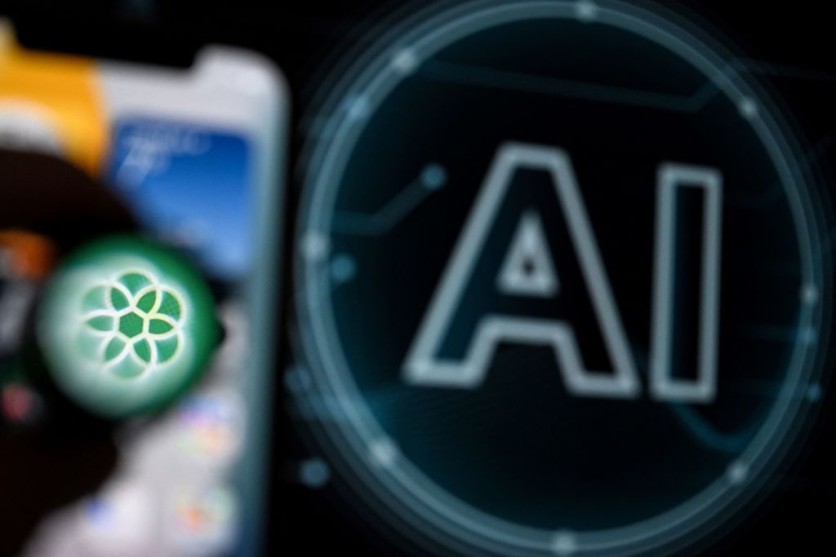OpenAI and Microsoft face legal action from several prominent newspapers, including the New York Daily News and the Chicago Tribune, owned by the Alden Capital Group.
The lawsuit alleges deliberate copyright infringement by both tech companies.

A photo taken on November 23, 2023, shows the logo of the ChatGPT application developed by US artificial intelligence research organization OpenAI on a smartphone screen (L) and the letters AI on a laptop screen in Frankfurt am Main, western Germany. (Photo by KIRILL KUDRYAVTSEV/AFP via Getty Images) (Photo by KIRILL KUDRYAVTSEV/AFP via Getty Images)
Suing OpenAI, Microsoft for Copyright Infringement
Several major newspapers, including the New York Daily News, Chicago Tribune, Orlando Sentinel, and San Jose Mercury News, have initiated legal proceedings against OpenAI and Microsoft, alleging copyright infringement.
These newspapers, all under the ownership of Alden Global Capital, contend that both companies utilized their articles to train their AI models without obtaining proper authorization or providing compensation.
The lawsuit presents evidence from interactions with ChatGPT and Copilot, indicating that these AI models generated lengthy excerpts from specific articles when prompted.
This suggests that the articles in question were incorporated into the training datasets without the newspapers' consent.
They additionally presented evidence of Copilot's capabilities, illustrating how it can access the web in real-time and replicate entire news articles shortly after their publication, lacking proper attribution to the original sources.
Furthermore, the companies allege that these chatbots frequently attribute incorrect information or fabrications to the publications.
Raising Ethical, Economic Concerns
The complaint highlights a broader concern beyond the clash of technologies or industries. It delves into the ethical and economic implications of using copyrighted newspaper content without compensation.
By emphasizing the importance of fair compensation for the use of intellectual property, the lawsuit underscores the need for accountability and respect for copyright laws in the rapidly evolving landscape of artificial intelligence and technology.
As per the publications, organizations utilizing copyrighted material for their AI models must secure consent from publishers and ensure fair compensation for the use of such content.
The complaint highlights remarks from company executives, particularly OpenAI CEO Sam Altman, suggesting that AI models rely on copyrighted material for training.
Additionally, it asserts that OpenAI showcased the capability to circumvent paywalls and that its repositories housed GPTs offering similar functionality.
Moreover, the complaint alleges that while AI models have the ability to prevent chatbots from generating copyrighted content, OpenAI seldom implements this feature.
The legal action mirrors the allegations leveled by several other news outlets against OpenAI and Microsoft.
In December, The New York Times initiated legal proceedings, alleging that ChatGPT replicated its journalistic content without authorization.
Similarly, digital news platforms such as The Intercept, AlterNet, and Raw Story filed separate lawsuits in February, echoing similar grievances.
OpenAI has moved to reject the NYT's legal action, asserting that the newspaper deliberately engineered ChatGPT to replicate its content.
Meanwhile, Microsoft has drawn parallels to the VCR, arguing that AI models are akin to tools that could potentially breach copyright but also have significant legitimate applications.
Related Article : OpenAI Slams New York Times Copyright Lawsuit with 'Hacking' Claims

ⓒ 2025 TECHTIMES.com All rights reserved. Do not reproduce without permission.




